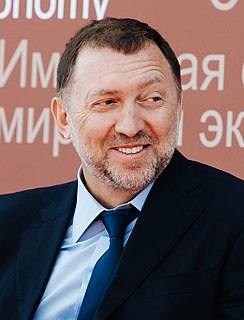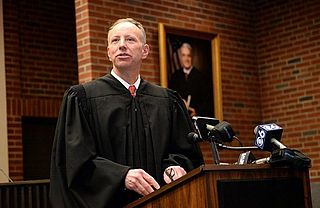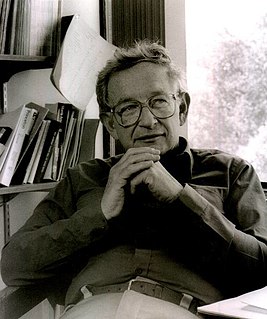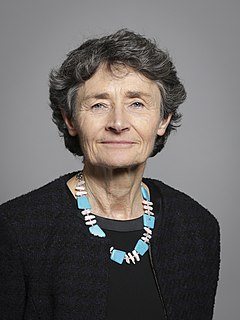A Quote by Svetlana Alexievich
I was always meant to study the humanities; I was no good at math or sciences. When it came time for me to work, it was Soviet times, and journalism wasn't that free or interesting of a space. There was a lot of censorship; it was difficult.
Quote Topics
Related Quotes
Self-censorship happens not only in China, or Iran or ex-Soviet places. It can happen anywhere. If an artist penetrates a certain taboo or a certain power through their work, he or she will face this problem. I'm always saying that commercial censorship is our foremost censorship globally today. Why do we still pretend we are free?
Everything is humanities. The sciences are a form of the humanities. They involve traditions of inquiry; they involve social engagement with ideas. They do not happen with a naked brain going out and encountering a nonhuman world. And the better we understand ourselves, the better we can do science, as well. So I don't see them - the sciences and the humanities - as being at all different.
During 1989, my mother, who was exceedingly good at finding these free programs - you know, we were on welfare, just trying to get through - but she would find these amazing programs. She sent me to the Soviet Union at the age of 12 to go study in the forest of then-Leningrad with 50 other Soviet kids.
I loved everything. I loved sciences and I loved humanities. But ultimately, I felt that in the humanities, you know, you're writing about things that already exist. But in the sciences, you're discovering things that no one has known before. Ultimately I chose psychology because it seemed to combine science with things that I liked to think about.

































